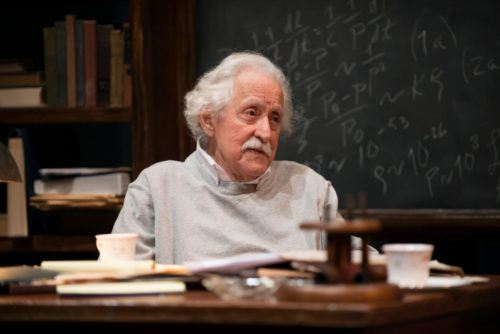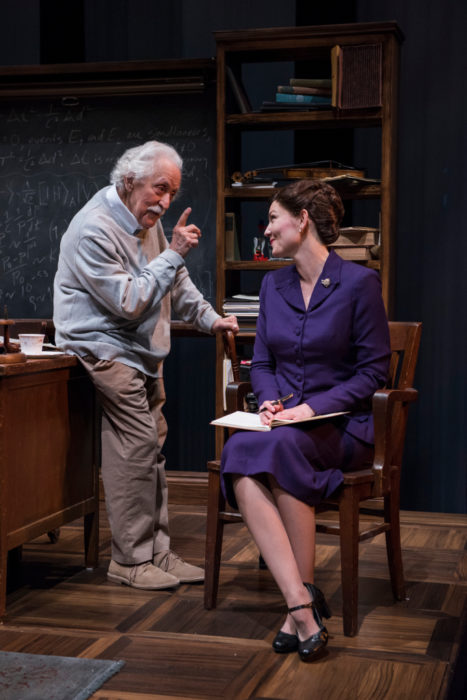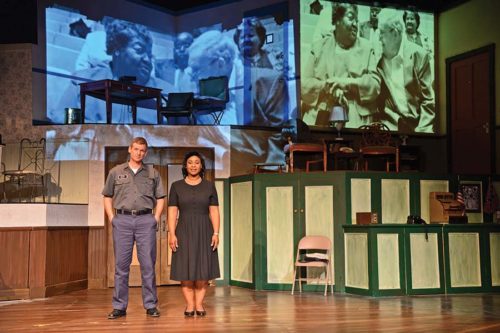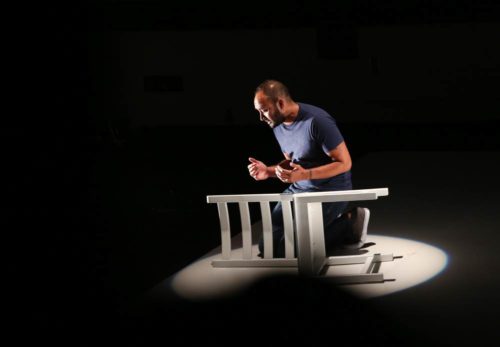
“Relativity,” Mark St. Germain’s new play about a largely opaque chapter in the life of the thought-altering physicist Albert Einstein, is an exercise in dramatic speculation. And before going any further two things must be noted.
First, the principal reason to see this Northlight Theatre production is to watch Mike Nussbaum, the 93-year-old actor who might easily be dubbed the eighth wonder of the modern world, work his magic as the complicated, ornery, sardonic and all too human genius whose celebrity surely became something of a curse in his later years. Second, this review must come with an immedate spoiler alert, for to explain the premise behind St. Germain’s play is to reveal the secret that is its animating force. So read on if you wish, or simply take this as an inducement to catch a remarkable actor (of any age) working at the height of his powers.
‘RELATIVITY’
Highly recommended
When: Through June 25
Where: Northlight Theatre,
9501 Skokie Blvd., Skokie
Tickets: $30 – $81
Info: (847) 673-6300;
www.northlight.org
Run time: 80 minutes
with no intermission

Read the full review by Hedy Weiss from the Chicago Sun Times here.



